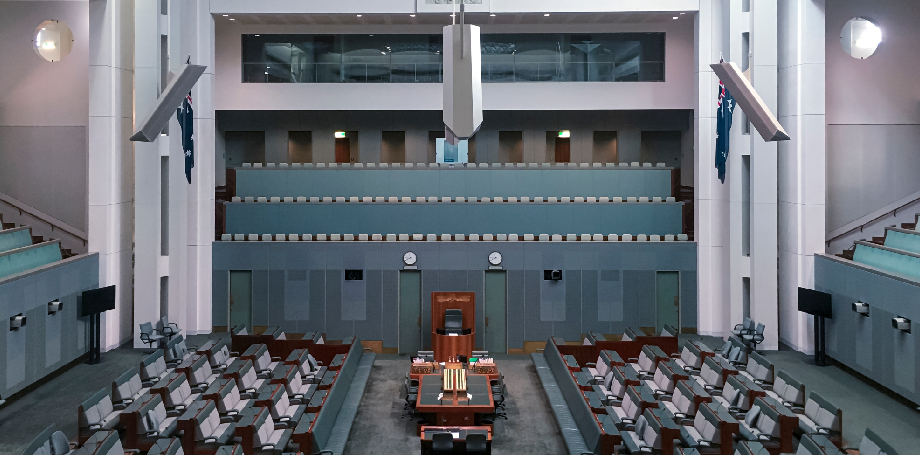Ministerial Intervention

Ministerial intervention is the discretionary power of the Minister for Department of Home Affairs (DOHA) to intervene in individual visa cases that have been refused or finalized by the Administrative Review Tribunal (ART). This is typically a last-resort measure when all other legal avenues have been exhausted. Ministerial intervention is used sparingly, and only in unique or exceptional cases where it is in the public interest to grant a visa.
You might be able to make a request for ministerial intervention if you have received a decision by ART. This means the ART and, for review decisions made before 1 July 2015, the Migration Review Tribunal and the Refugee Review Tribunal.
Ministerial intervention powers are outlined under Sections 351, 417, and 501J of the Migration Act 1958 (Act). These sections allow the Minister to substitute a more favourable decision for a person whose application has been refused by the ART, even if the ART upheld the original refusal if the Minister thinks it is in the public interest to do so.
The following are descriptions of the power under the Act:
- Section 351: The Minister can substitute a more favourable decision than the ART’s decision in visa cases if it is in the public interest.
- Section 417: The Minister can intervene in cases involving protection visas (e.g. refugee claims).
- Section 501J: Allows the Minister to substitute a decision in character cases under Section 501, typically related to visa refusals or cancellations due to character grounds.
The Minister’s powers are non-compellable, which means:
- The Minister cannot be forced to intervene.
- The decision to intervene or not is at the Minister’s discretion, and there is no legal obligation to explain the reasons for the decision.
You should not assume that your request for ministerial intervention will be referred to the Minister. The Minister does not have to look at your case and does not have to intervene. Most requests are finalised by the DOHA in accordance with the Minister’s guidelines. Only a small number of requests are referred to the Minister.
Exceptional Circumstances
The list is not exhaustive, but few unique or exceptional circumstances are listed below:
- Strong compassionate circumstances that if not recognised would result in serious, ongoing and irreversible harm and continuing hardship to an Australian citizen or an Australian family unit, where at least one member of the family is an Australian citizen or Australian permanent resident.
- Compassionate circumstances regarding your age and/or health and/or psychological state, that if not recognised would result in serious, ongoing and irreversible harm and continuing hardship.
- Exceptional economic, scientific, cultural or other benefit that would result from you being permitted to remain in Australia.
- Circumstances not anticipated by relevant legislation; or clearly unintended consequences of legislation; or the application of relevant legislation leads to unfair or unreasonable results in your case.
- You cannot be returned to your country/countries of citizenship or usual residence due to circumstances outside your control.
Note: Meeting one of the unique or exceptional circumstances above does not mean that your request will be successful.
There are some circumstances where it is inappropriate for Minister to consider Ministerial intervention.
There is no set timeframe for a decision on a ministerial intervention request. The process can take several months or longer, depending on the complexity of the case and the Minister’s workload.




